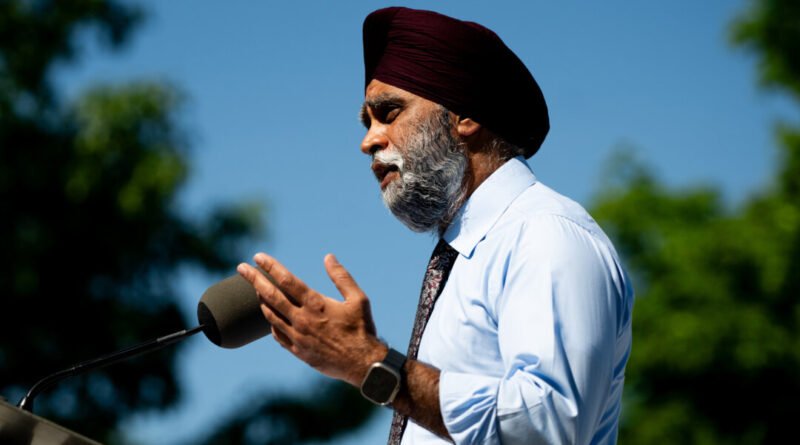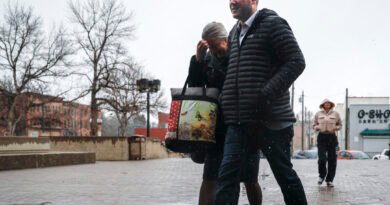Minister in Ottawa explores formation of new federal agency to address disasters
Ottawa is exploring the possibility of establishing a new federal agency for disaster response, akin to the U.S. Federal Emergency Management Agency (FEMA), according to Emergency Preparedness Minister Harjit Sajjan.
“This is something that I have been considering for some time,” Sajjan mentioned during an Aug. 12 virtual press conference on wildfires, highlighting that utilizing the military for disaster response is not the preferred approach.
“The Canadian Armed Forces are a valuable asset that we do not want to simply use as a standard labor force,” stated Sajjan, who previously served in the defense portfolio.
The minister noted that FEMA functions effectively within the U.S. federal system, contrasting Canada’s current disaster response capabilities which are regionally based in its provinces and territories.
A prospective federal emergency response capacity would need to collaborate closely with the provinces and territories, emphasized Sajjan, underscoring that Ottawa’s primary focus is to allocate additional funding to regions to tackle natural disasters.
Additionally, the federal government is relying on its Humanitarian Workforce program to address emergencies. Launched in 2021 during the COVID-19 crisis, the program supports NGOs like the Canadian Red Cross to swiftly deploy a civilian workforce. Sajjan’s office reports an investment of $167 million in the program thus far.
Ottawa is contemplating enhancing that program, revealed Sajjan, while mentioning the necessity to explore what a national-level equivalent to FEMA would entail.
The minister is examining not only FEMA’s operations in the U.S. but also those in countries like Australia and France. Sajjan indicated plans to visit Germany to study its emergency response initiatives.
It’s premature to define the structure of a Canadian federal agency, shared Sajjan, expressing that this development is envisioned for the future.
“We will draw the best practices from FEMA and our international partners to determine the most effective approach for us,” he affirmed.
As per Kanga, there are presently no set timelines for a Canadian agency, emphasizing that initial steps entail consultations both at home and abroad. Dialogues with provinces and territories are presently ongoing.
“We have a range of stakeholders providing inputs and ideas, and we are evaluating them to determine what is feasible,” she stated.





